SOCIETY
The Sorcerers’ Apprentices: Can Georgy Shchedrovitsky be responsible for Russia’s invasion of Ukraine?
Postscript
June 26, 2022
-
Ilya Kukulin
Independent researcher

On June 22, Pyotr Shchedrovitsky, the son of the founder of the methodological movement, gave a long interview in Berlin to the well-known journalist Mikhail Zygar. Shchedrovitsky Jr. said that from February 24 he had stopped all work with Russian government institutions. He sharply condemned Russia's invasion of Ukraine and said that today he has nothing to do with the politicians and political strategists whom Andrey Pertsev and Ilya Venyavkin link with the methodological movement. In particular, he said that he had not worked with Sergey Kiriyenko since 2011. Shchedrovitsky called Timofey Sergeytsev an "impostor,” though he admitted that he had met his father Georgy “several times.” Pyotr compared Sergeytsev’s article to Mein Kampf (thus joining those who consider Sergeytsev’s article “What Russia Should Do with Ukraine” as an incitement to genocide) and hinted that he has had a personal conflict with Sergeytsev for years. However, it seems that Zygar didn’t read the Proektinvestigation and didn’t ask Shchedrovitsky about Yuri Gromyko.
In the interview, Shchedrovitsky expresses his view about the genesis of Russia’s aggression: the current war represents the delayed violent collapse of the Soviet Union, which should have ended in armed conflict since the production of arms was at the heart of the Soviet economy (i.e. since the 1920s). But Shchedrovitsky characteristically describes Soviet history primarily as a chain of incorrect, harmful managerial decisions. In general, he seems to share the anti-humanistic pathos of his father's philosophy, though their views differ: Shchedrovitsky Jr. says that "people are generally on the stupid side" and that a person's statements are 70% determined by his/her social position and only 30% by his/her personal views. However, looking back at his own role in the events of the 1990-2010s, he also reflects from an ethical standpoint. At one point in the conversation he says that he often thinks: “Why have my ideas, especially those from the 1990s, been so wrongly interpreted in terms of their values and substance? What did I do wrong?" Nevertheless, he says rather little about exactly what “values and substance” were originally embedded in the ideas he mentions – his own, his father’s, or, for example, those of right-wing conservative philosopher Alexander Zinoviev (1922-2006), who is mentioned in the interview and who in his youth was a friend of Georgy Shchedrovitsky. Ethics and managerial logic hardly mix in Pyotr’s reflections.
It seems the current war will require a new language and self-understanding to be worked out by intellectuals, politicians and public figures from the most diverse countries. This could become a particularly serious moral test precisely for those who were previously content with managerial governmentality. I don’t share the views of Pyotr Shchedrovitsky and remain convinced that today the statements of many people (including Pyotr himself) depend on their personal views to a much greater extent than 30%. Therefore, I think that a new awareness of the situation of the war among experts who used to justify their actions with managerial logic and are now horrified by the actions of the Russian political elites can drive the formation of a new political order in Russia during the next stage of its development. The main thing now is to live to see that stage.
See the main text here.
In the interview, Shchedrovitsky expresses his view about the genesis of Russia’s aggression: the current war represents the delayed violent collapse of the Soviet Union, which should have ended in armed conflict since the production of arms was at the heart of the Soviet economy (i.e. since the 1920s). But Shchedrovitsky characteristically describes Soviet history primarily as a chain of incorrect, harmful managerial decisions. In general, he seems to share the anti-humanistic pathos of his father's philosophy, though their views differ: Shchedrovitsky Jr. says that "people are generally on the stupid side" and that a person's statements are 70% determined by his/her social position and only 30% by his/her personal views. However, looking back at his own role in the events of the 1990-2010s, he also reflects from an ethical standpoint. At one point in the conversation he says that he often thinks: “Why have my ideas, especially those from the 1990s, been so wrongly interpreted in terms of their values and substance? What did I do wrong?" Nevertheless, he says rather little about exactly what “values and substance” were originally embedded in the ideas he mentions – his own, his father’s, or, for example, those of right-wing conservative philosopher Alexander Zinoviev (1922-2006), who is mentioned in the interview and who in his youth was a friend of Georgy Shchedrovitsky. Ethics and managerial logic hardly mix in Pyotr’s reflections.
It seems the current war will require a new language and self-understanding to be worked out by intellectuals, politicians and public figures from the most diverse countries. This could become a particularly serious moral test precisely for those who were previously content with managerial governmentality. I don’t share the views of Pyotr Shchedrovitsky and remain convinced that today the statements of many people (including Pyotr himself) depend on their personal views to a much greater extent than 30%. Therefore, I think that a new awareness of the situation of the war among experts who used to justify their actions with managerial logic and are now horrified by the actions of the Russian political elites can drive the formation of a new political order in Russia during the next stage of its development. The main thing now is to live to see that stage.
See the main text here.
Share this article
Read More

